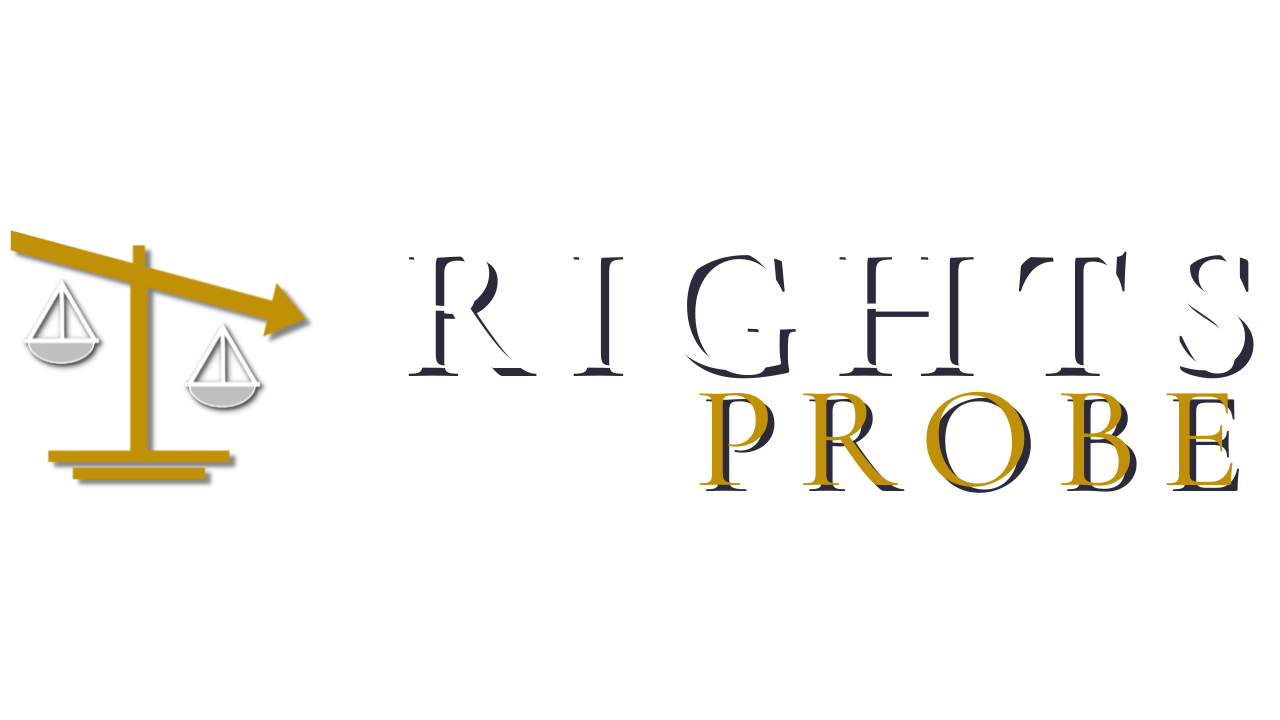Protect free speech by getting governments out of the way
December 4: Testifying to the Standing Committee on Canadian Heritage on the best way to protect freedom of expression (FOE), Queen's law professor Bruce Pardy urged for the government to cease limiting it. This involves defeating Bill C-63 (Online Harms Act), and repealing C-18 (Online News Act), C-11 (Online Streaming Act), and the gender amendments to the Canadian Human Rights Act in the old C-16. Prof. Pardy’s testimony appears below followed by the transcript in full.
Bruce Pardy – Opening Statement – Wednesday, 4 December, 2024
Standing Committee on Canadian Heritage (CHPC) #145
Madam Chair, your committee is studying how the government should protect free speech. This is a strange question for you to be studying, because the answer seems obvious - and also because for years the federal government hasbeen doing the opposite.
Free speech is a right we hold against governments. Free speech means the right to be free from government limits on speech. If governments did nothing, we would have free speech. Governments protect free speech by getting out of the way.
Therefore, if you want to protect free speech, stop limiting speech. Defeat bill C-63 (Online Harms Act). Repeal C-18 (Online News Act). Repeal C-11 (Online Streaming Act). Repeal the gender amendments to the Canadian Human Rights Act in the old C-16. And the list goes on. If you want to protect free speech, stop limiting speech.
As Winston Churchill said, “There is nothing government can give to you that it hasn’t taken from you in the first place.”
We have free speech because we are free people. Speech is free not only if it is beneficial or in the public good; not only if it serves democracy or helps to discover truth in a marketplace of ideas. You have a right to express your thoughts, whatever they are, for the sole reason that your thoughts are yours.
If you are free, you are allowed to hate other people, and you are allowed to say that you do. If you are free, you are allowed to vilify and detest, to discredit, disrespect and discriminate, to speak falsehoods and spread lies. If you are free.
Of course, free speech is not absolute. What are the limits to be imposed upon speech and still call it free? Other people are free too. That means that you can’t coerce them, threaten them with imminent violence or counsel a crime. You can’t defame, you can’t harass, you can’t defraud, and you can’t release private information that you don’t own. These limits make sense because they protect the liberty of other people, the same liberty that provides you with the right to free speech in the first place. But that’s about as far as it goes, if you want to claim to have free speech.
So by all means, Madam Chair, protect free speech. Do it by getting the government out of the business of supervising speech.
A Deeper Dive
Prof. Pardy’s address to the committee above, once again, highlights the rise of Canada’s administrative state—a warning bell he sounded throughout the pandemic and continues to voice. During his testimony in March 2023 to the National Citizen’s Inquiry on Canada’s COVID-19 response, Prof. Pardy unlocked key concerns the pandemic had revealed, in particular the expansion of the managerial state into every aspect of modern life. Governments now supervise behaviour and speech, mainstream media propagandizes, public schools and universities indoctrinate, and professional regulators require ideological conformity. The chattering classes demonize the ideas upon which their own civilization is based, including the sovereignty of the individual over the group, freedom of speech, and equality of treatment under the law. Where once we celebrated liberties and achievements, people are now fearful, ashamed, dependent, and obedient.
Follow our journey.
Subscribe to our newsletter: rightsprobe@protonmail.com

